Taking out a short term business loan can give your business the financial boost it needs to grow quickly. However, making sure that you have a solid plan for repayment is crucial to keeping your business financially healthy and avoiding default. In this blog, we’ll discuss practical tips and strategies to help you effectively plan the repayment of your short term business loan.
Understand Your Loan Terms
First, it’s essential to thoroughly understand the terms of your loan. Make sure you know the interest rates, the repayment schedule, and any fees or penalties associated with the loan. Knowing these details can help you plan better. Be aware of your due dates and how often you need to make payments. Additionally, understanding any extra charges for late payments or early repayment can save you from unexpected costs. If anything is unclear, don’t hesitate to ask your lender for clarification before you finalise the loan.
Create a Detailed Repayment Plan
A well-thought-out repayment plan tailored to your business’s cash flow is crucial. Start by assessing your cash flow to understand your regular income and expenses. Then, set realistic goals by breaking down the loan repayment into manageable parts. Align your repayment schedule with your cash flow to avoid disruptions in your business operations. Having a clear plan helps you stay on track and ensures you meet your repayment obligations without compromising other business activities.
Monitor Your Cash Flow
Regularly monitoring your business’s cash flow is key to ensuring you can meet repayment obligations. Maintaining healthy cash flow involves invoicing promptly, ensuring timely billing, and following up on overdue payments. Manage your inventory efficiently by avoiding overstocking and focusing on fast-moving items. Controlling expenses by cutting unnecessary costs and negotiating better terms with suppliers is also important. Keeping a close eye on your cash flow helps you anticipate potential shortfalls and address them promptly.

Set Up an Emergency Fund
An emergency fund can cover unexpected expenses or income shortfalls, providing a safety net during the loan repayment period. Aim to save at least three to six months’ worth of expenses and allocate a portion of your income each month to the emergency fund. Use this fund only for genuine emergencies to make sure it remains available when needed. An emergency fund ensures you have a financial cushion to fall back on, reducing the risk of missing loan repayments.
Prioritise Loan Repayments
Prioritising loan repayments over non-essential business expenses is vital. Maintaining a good repayment record improves your credit score, which can lead to better loan terms in the future. Consistent repayments also reduce financial stress by avoiding late payments and penalties. Reallocating funds from non-essential areas ensures you meet your repayment needs, maintaining your business’s financial health.
Consider Refinancing Options
If you’re struggling with repayment, refinancing can be a viable option. Refinancing can help secure lower interest rates and extend the repayment period for smaller, more manageable payments. However, it’s essential to assess whether refinancing is the right choice for your business’s financial situation. Weigh the pros and cons carefully to make an informed decision.
Planning ahead for the repayment of your short term business loan is essential for maintaining financial stability. By following these steps, you can manage your loan repayment effectively and keep your business on the path to success.
At Business Finance House, we specialise in helping SMEs secure the financing needed to grow and succeed. Contact us today to explore various business finance solutions for your business needs.







